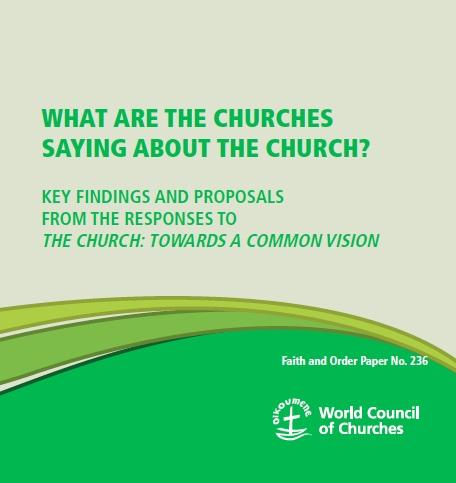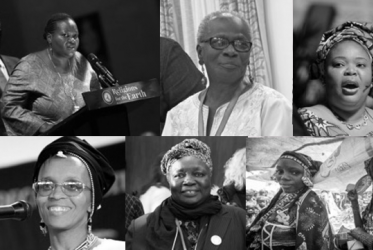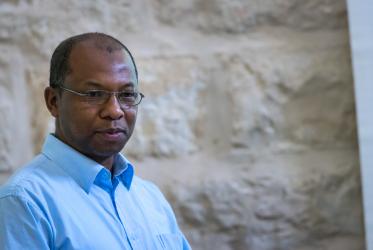Displaying 61 - 80 of 585
23 August 2021
What Are the Churches Saying About the Church?
Key Findings and Proposals from the Responses to The Church: Towards a Common Vision
21 June 2021
Ecumenical Patriarchate’s Holy Synod convenes
26 June 2020
Lebanon meeting explores vision for more inclusive global church
07 February 2020








